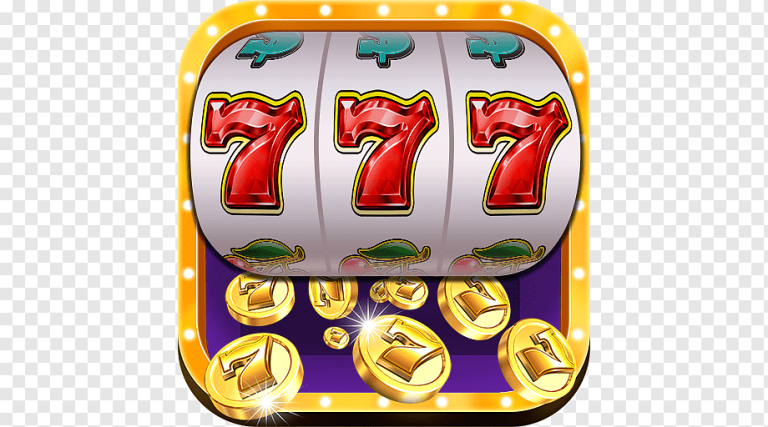
In the world of gaming, every move, decision, and strategy can mean the difference between victory and defeat. Professional gamers, like traditional athletes, face high-stakes situations that demand not only skillful play but also a resilient mentality. The gamer’s mentality is a unique blend of focus, adaptability, and mental fortitude, mirroring the challenges faced by athletes in other competitive arenas.
Table of Contents
The Parallels Between Gaming and Traditional Sports
While the setting may be virtual, the mental demands of gaming share striking similarities with traditional sports. Whether on a digital battlefield, in a sports arena, or on a gaming console, athletes and gamers alike navigate the pressure of high-stakes situations. Here’s how the gamer’s mentality aligns with the challenges faced by athletes in traditional sports.
1. Focus Under Pressure
In both slot gacor hari ini gaming and traditional sports, maintaining focus during critical moments is paramount. Gamers must make split-second decisions, execute precise maneuvers, and strategize on the fly—all while under intense pressure. Similarly, athletes facing a penalty kick in soccer or a crucial free throw in basketball need unwavering focus to deliver a successful performance.
2. Adaptability to Changing Conditions
Adaptability is a cornerstone of success in gaming and traditional sports. Game dynamics can shift rapidly, requiring gamers to adjust strategies in real time. Similarly, athletes must adapt to changing conditions on the field, whether it’s adjusting tactics to counter an opponent’s strategy or adapting to unpredictable weather conditions.
3. Mental Fortitude in the Face of Adversity
High-stakes situations often come with heightened stress and the potential for setbacks. Athletes and gamers need mental fortitude to overcome adversity and bounce back from setbacks. Whether it’s a losing streak in a competitive game or facing a formidable opponent in a sports match, resilience is key to success.
4. Team Coordination and Communication
In team-based gaming and traditional sports, effective coordination and communication are essential. Gamers rely on teammates for strategic plays, just as athletes depend on seamless communication to execute plays on the field. Team synergy is a critical factor that can elevate performance in both domains.
The Psychological Challenges of High-Stakes Gaming
Beyond the similarities with traditional sports, the gamer’s mentality also faces unique psychological challenges inherent to the virtual world.
1. Online Harassment and Toxicity
The anonymity of online gaming can lead to instances of harassment and toxic behavior. Professional gamers often deal with online criticism and unsportsmanlike conduct. Developing a resilient mentality to navigate these challenges is crucial for maintaining focus on performance.
2. Rapid Evolution of Game Dynamics
Unlike traditional sports, where rule changes are infrequent, the gaming landscape evolves rapidly. New patches, updates, and meta-shifts can alter game dynamics overnight. Gamers must adapt quickly to stay competitive, requiring a high degree of mental flexibility.
3. Balancing Intense Practice and Rest
Professional gamers often engage in long practice sessions to refine their skills. Balancing intense training with adequate rest is a mental challenge. Athletes in traditional sports face similar dilemmas, managing rigorous training schedules while ensuring sufficient recovery for peak performance.
Strategies for Cultivating a Strong Gamer’s Mentality
Building a resilient mentality is an ongoing process for gamers, just as it is for athletes in traditional sports. Here are some strategies that professional gamers employ to cultivate a strong mentality in high-stakes situations.
1. Mental Preparation and Visualization
Before competitions, gamers engage in mental preparation and visualization. This involves envisioning successful plays, strategizing for various scenarios, and mentally rehearsing their moves. Visualization is a powerful tool for building confidence and focus.
2. Mindfulness and Stress Management
Mindfulness techniques, such as meditation and deep breathing exercises, help gamers manage stress and stay present in the moment. These practices contribute to mental clarity, allowing gamers to make informed decisions under pressure.
3. Team-building and Communication Skills
Team-based gaming requires effective communication and strong team dynamics. Professional gamers invest time in team-building exercises, fostering positive communication, trust, and camaraderie. A united team is better equipped to navigate challenges together.
4. Seeking Professional Support
Recognizing the importance of mental well-being, some professional gaming organizations provide access to mental health professionals. This support helps gamers address issues related to stress, anxiety, and burnout, ensuring a holistic approach to their mental fitness.
End Note
In the ever-evolving landscape of competitive gaming, the gamer’s mentality stands as a testament to the psychological demands of high-stakes situations. As professional gamers continue to push the boundaries of skill and strategy, the cultivation of a resilient mentality becomes an integral aspect of their success. The parallels with traditional sports highlight that, beyond the screen, both athletes and gamers navigate a mental arena where focus, adaptability, and mental fortitude reign supreme. Whether on the field or in the digital realm, the mindset of a competitor remains a defining factor in the pursuit of victory.







